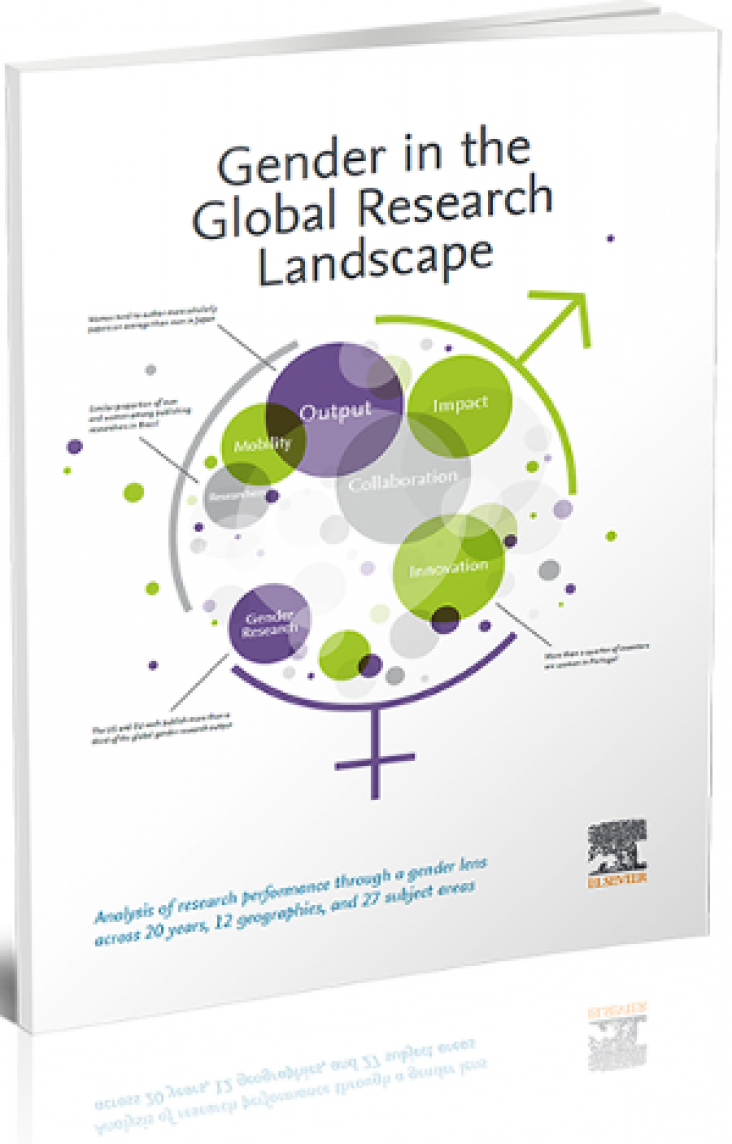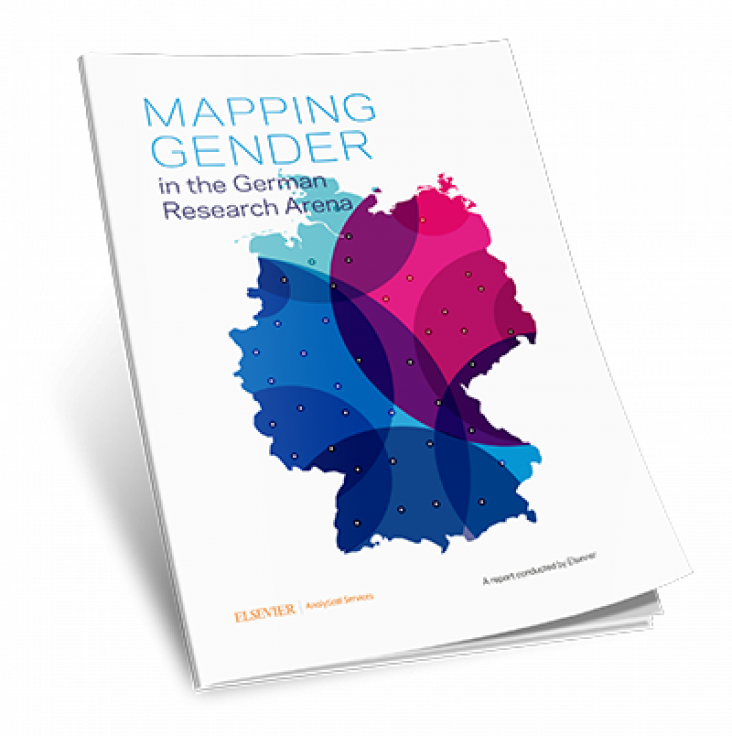Achieve gender equality and empower all women and girls

By mapping the state of research within each SDG area, this report acknowledges the pivotal role research plays in tackling some of the world’s greatest challenges. It aims to better understand the research community’s global sustainable development efforts and assesses the progress made, as well as unmet research needs.
This news report addresses SDGs 3 and 5 by highlighting how the COVID-19 pandemic has led to a global surge in violence against women and girls. The report highlights that lack of access to sexual and reproductive health services during the lockdown and thereafter could result in up to 7 million unintended pregnancies worldwide, and up to 2·7 million unsafe abortions and 11 000 pregnancy-related deaths.
This news report addresses SDG 5 by highlighting how the COVID-19 pandemic has led to a global surge in violence against women and girls. The report highlights that lack of access to sexual and reproductive health services during the lockdown and thereafter could result in up to 7 million unintended pregnancies worldwide, and up to 2·7 million unsafe abortions and 11 000 pregnancy-related deaths.

Furthering SDGs 5 and 10, this report aims to better understand the role gender plays in the global research enterprise and inspire evidence-based policy driven by powerful data. It examines research participation, career progression and perceptions across the European Union and 15 countries globally in 26 subject areas. The report concludes that while the participation of women in research is increasing overall, inequality remains across geographies and subject areas in terms of publication outputs, citations, awarded grants and collaborations.

Advancing SDG 5 (gender equality), Elsevier is preparing a new global gender and research report to promote gender diversity and advance gender equity using data and an evidence-based approach.
Directly contributing to SDG 10 (reduced inequalities), SDG 5 (gender equality) and SDG 4 (quality education), this report investigates sexual harassment incidents within academia and discusses the uprising of online naming and shaming of sexual harassment culprits.
In support of SDGs 3 and 5, this Lancet Commission report presents a comprehensive agenda for global, regional, and national progress on sexual and reproductive health and rights (SRHR), up to 2030 and beyond. The report highlights why recognition of, and investment in, SRHR is pivotal to shaping future economic development and environmental sustainability, and proposes an essential package of SRHR services that should be universally available to all individuals who need them.

Elsevier's Gender Report importantly supports SDG 5 - gender equality - by applying a gender lens to the field of science and research. It examines the proportion of female researchers and inventors in twelve countries, the fields women tend to specialise in and whether women or men publish more articles. This report provides sound data for understanding the role of gender within the structure of the global research landscape.

This Elsevier report provides evidence and analysis on potential gender gaps in science research in Germany by linking data from Scopus to data from a large online social networking service. This type of analysis is vital for advancing SDG 5.2 to end all forms of discrimination against all women and girls everywhere.
